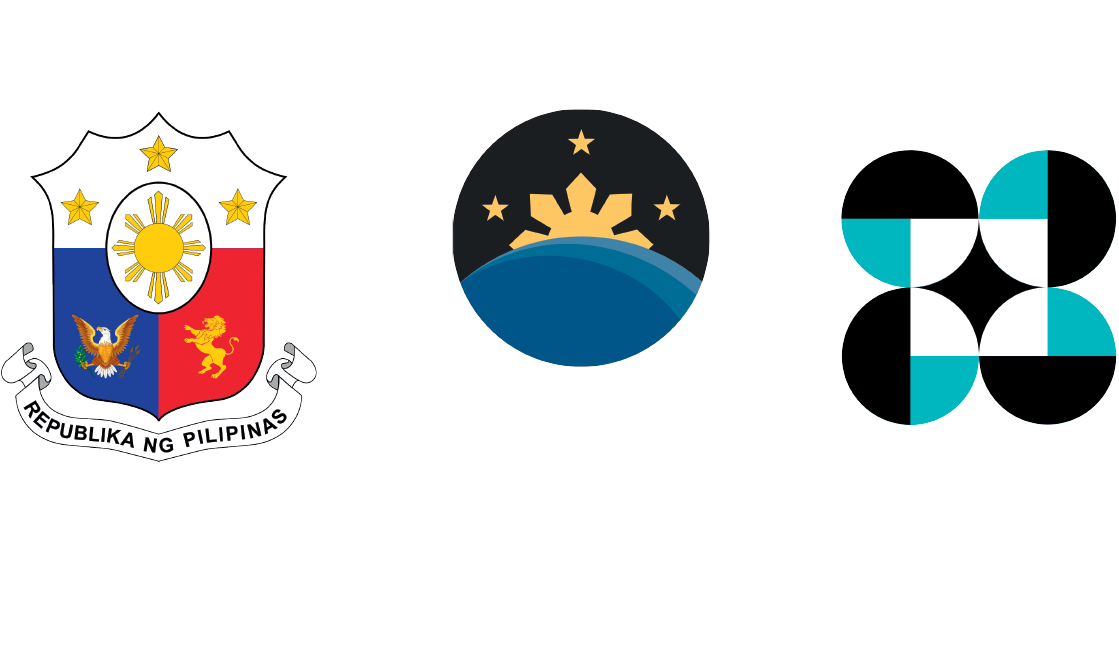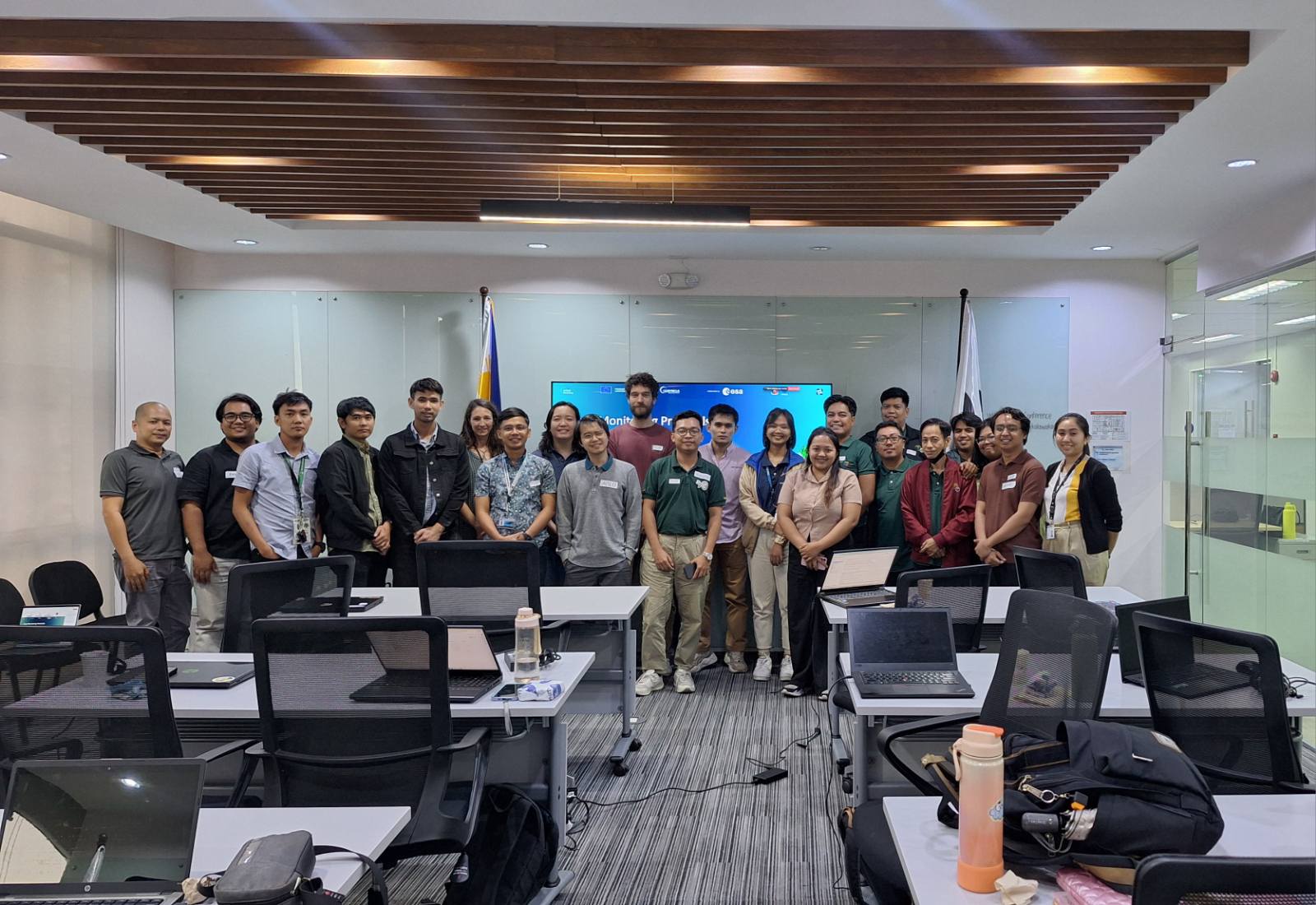On 25 November 2024, the CopPhil Centre under the EU Copernicus programme in the Philippines successfully hosted its first training course, bringing together over 80 participants from government agencies, academia, and other sectors in the Philippines. This session served as a starting point for the ten-course training series aimed at strengthening the capacity of Filipino stakeholders to harness Earth Observation technologies for disaster preparedness, environmental monitoring, and sustainable development.

As a country highly vulnerable to natural disasters and environmental challenges, the Philippines stands to benefit immensely from the integration of such technologies. Satellite-derived data provides insights for timely decision-making and effective policy implementation. CopPhil supports local institutions in overcoming existing gaps in skills and data infrastructure to better integrate Earth Observation-driven solutions into workflows which address pressing challenges.
The session opened with a series of keynote addresses. Representing the European Union Directorate-General for International Partnerships, Ms. Audrey Maillot shared a vision for deeper collaboration between the EU and the Philippines, reflecting on how the project aligns with the EU’s goals for international cooperation and capacity building in the region. In a recorded message, Dr. Renato Solidum, Secretary of the Philippine Department of Science and Technology (DOST), highlighted the role of Earth Observation technologies in enhancing the nation’s preparedness for natural disasters and promoting sustainable development. Dr. Casper Fibaek, from the European Space Agency (ESA), emphasised ESA’s commitment to supporting the Philippines in leveraging Copernicus data and services for actionable insights. Dr. Joel Joseph Marciano Jr., Director General of the Philippine Space Agency (PhilSA), underscored the importance of local leadership in advancing Earth Observation applications for disaster resilience and environmental stewardship, highlighting how training initiatives such as this one are essential for capacity development.
Led by Prof. Dr. Stefan Lang and Dr. Peter Zeil from Paris Lodron University Salzburg (PLUS) this first course explored the role of Copernicus in the Philippines, providing use cases and examples of the applications of Copernicus data and services for disaster risk management. The instructors further traced the journey of CopPhil and how the initiative simultaneously addresses national priorities as well as global frameworks.
Another highlight of the training session was the series of presentations from Earth Observation service providers, showcasing the use cases of the CopPhil pilot services. The presenters demonstrated specific applications of Copernicus data for each of the pilot service thematic areas, including ground motion monitoring, land cover, forest and crop mapping, and coastal marine (benthic) habitat monitoring.
Participants were also introduced to the 2025 training schedule and the functionalities of the Moodle-based CopPhil training platform hosted by PhilSA, including the structure and topics of the upcoming courses.
With this, Training Course #1 successfully set the stage for the rest of the CopPhil training series by creating a shared understanding of the value and practical applications of Copernicus for the Philippines. With the upcoming courses focusing on hands-on applications and advanced methodologies, CopPhil is positioned to significantly increase the Philippines’ resilience, foster inter-agency collaboration, and contribute to sustainable growth.
For updates on CopPhil’s activities, follow us on LinkedIn and Facebook.













